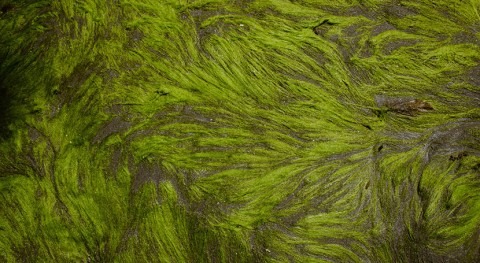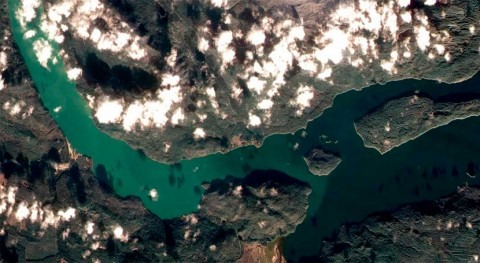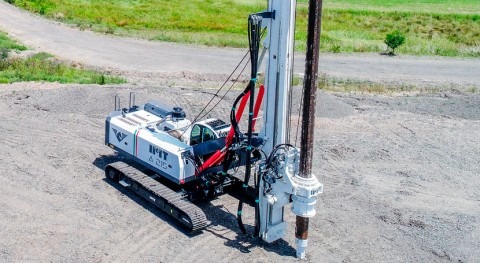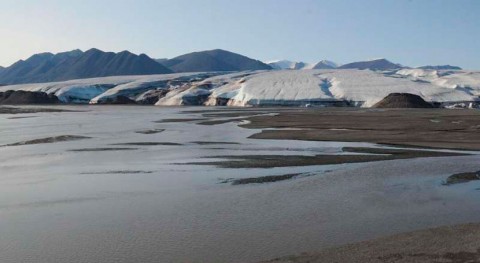A new project underway at the University of Alberta will provide never-before-seen insight into the current and future quality of drinking water in western Canada, with a focus on how the melting glaciers will affect these systems.
The project, called From the Mountains to Our Tables: Freshwater Security in Three Canadian Eastern Rocky Mountain Watersheds, is being led by a group of University of Alberta scientists out of the Faculty of Science. It is the first interdisciplinary research collaboration of its kind to take on such a robust and multifaceted investigation of the origin of these systems: glaciers in the Canadian Rocky Mountains.
The research team has set up 14 sampling stations from the Columbia icefields into three main watersheds in Alberta: the Bow River, the Athabasca River, and the North Saskatchewan River, which provide drinking water for Calgary and area, Northern Alberta, and Edmonton and area, respectively.
“We are sampling water quality, contaminants, productivity, and food webs—including microorganisms all the way up to fish—to look for biological indicators that tell us about different aspects of water quality over time,” said Rolf Vinebrooke, professor in the Department of Biological Sciences and investigator on the project.
The team of scientists includes Maya Bhatia, assistant professor in the Department of Earth and Atmospheric Sciences andCAIP Chair in Watershed Science; Vincent St. Louis, professor in the Department of Biological Sciences; and Suzanne Tank, assistant professor in the Department of Biological Sciences and CAIP Chair in Aquatic Ecosystem Health, as well as Mark Poesch, associate professor in the Faculty of Agricultural Life and Environmental Sciences.
The sampling stations were set up during the summer of 2019 and continue to be monitored by PhD students Jessica Serbu, studying under the supervision of St. Louis, and Shelby Stenerson and Blake Stuparyk, studying under the supervision of Vinebrooke, and Victoria van Mierlo, studying under the supervision of Poesch.
“This project will fill an important knowledge gap,” said Tank. “The headwaters in these proglacial systems are not well understood. “We are curious to understand how the amount of water will change as well as the chemistry of water and the subsequent effects on the food web and water quality into the future.”
St Louis described an example of one of the subsequent effects of glacial melt on water chemistry: chemicals that are no longer in use could resurface as the glaciers melt. “DDT that was used back in the 1950s has been deposited in these glaciers and locked in the ice,” he said. “Now that they’re melting, there is the potential that DDT will be released into the drinking water.”
This is just one example of the many areas of interest for these scientists, who are hoping to inform policy moving forward to help people and populations adjust and adapt to life on our ever-changing planet. Near future work will include collaboration with local indigenous communities, such as the Stony Nation and others adjacent to the glaciers and downstreams.
The results of the project will have a vast array of implications, including not only for drinking water treatment, but also for ecosystem management and global climate change models.
This project is part of theCanadian Mountain Network (CMN), hosted by the University of Alberta, which was named a Networks of Centres of Excellence earlier this year. This research is conducted in collaboration with Alberta Environment and Parks and Parks Canada. The CMN was established in 2019 to support the resilience and health of Canada’s mountain peoples and places through research partnerships based on Indigenous and Western ways of knowing that inform decision-making and action.
The project is being highlighted to coincide with International Mountain Day 2019. Since 2003, the United Nations has designated December 11th International Mountain Day, dedicated to raising awareness about opportunities and challenges facing mountain regions, as well as building alliances that will bring positive change to mountain peoples and places around the world.












